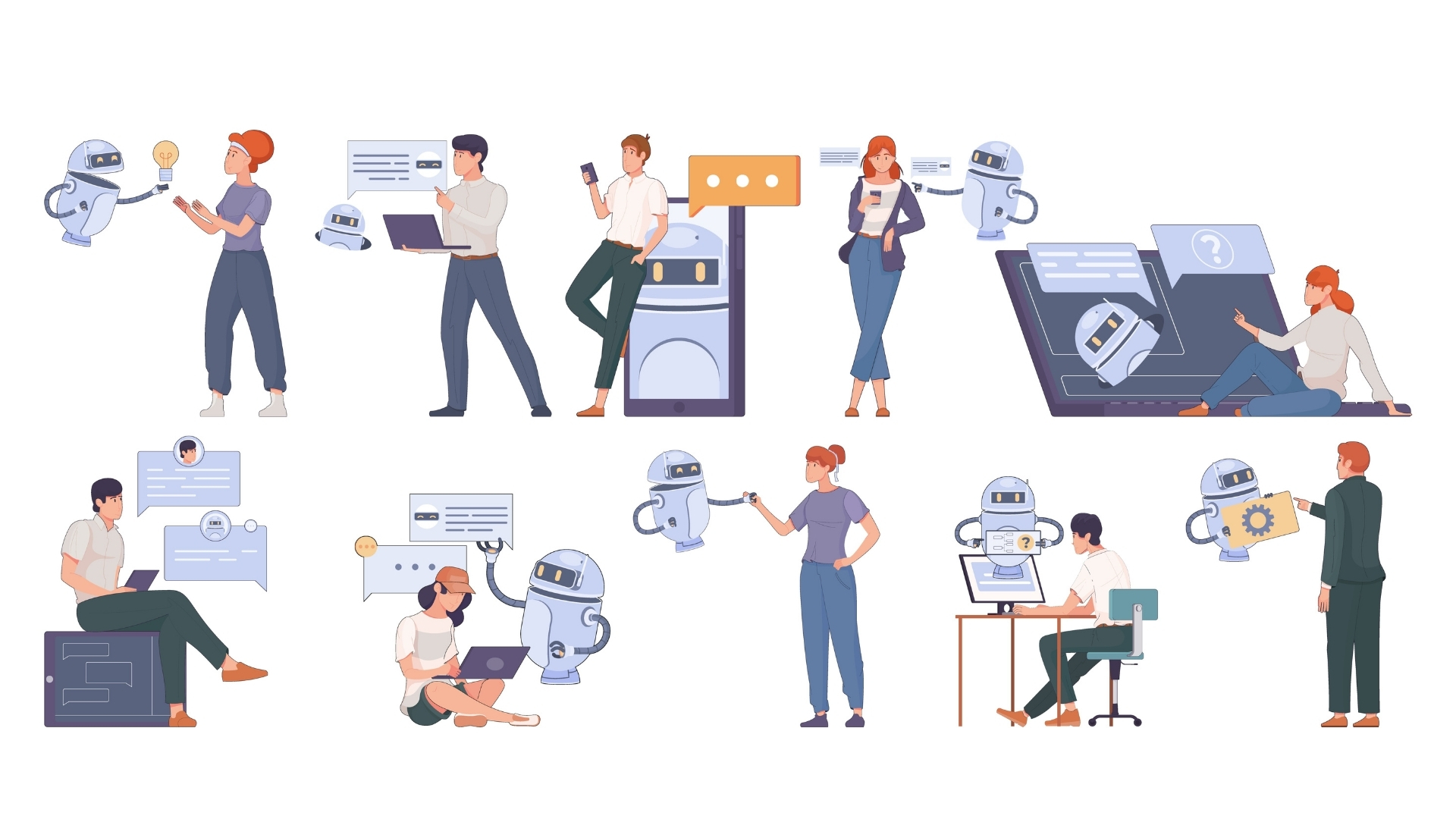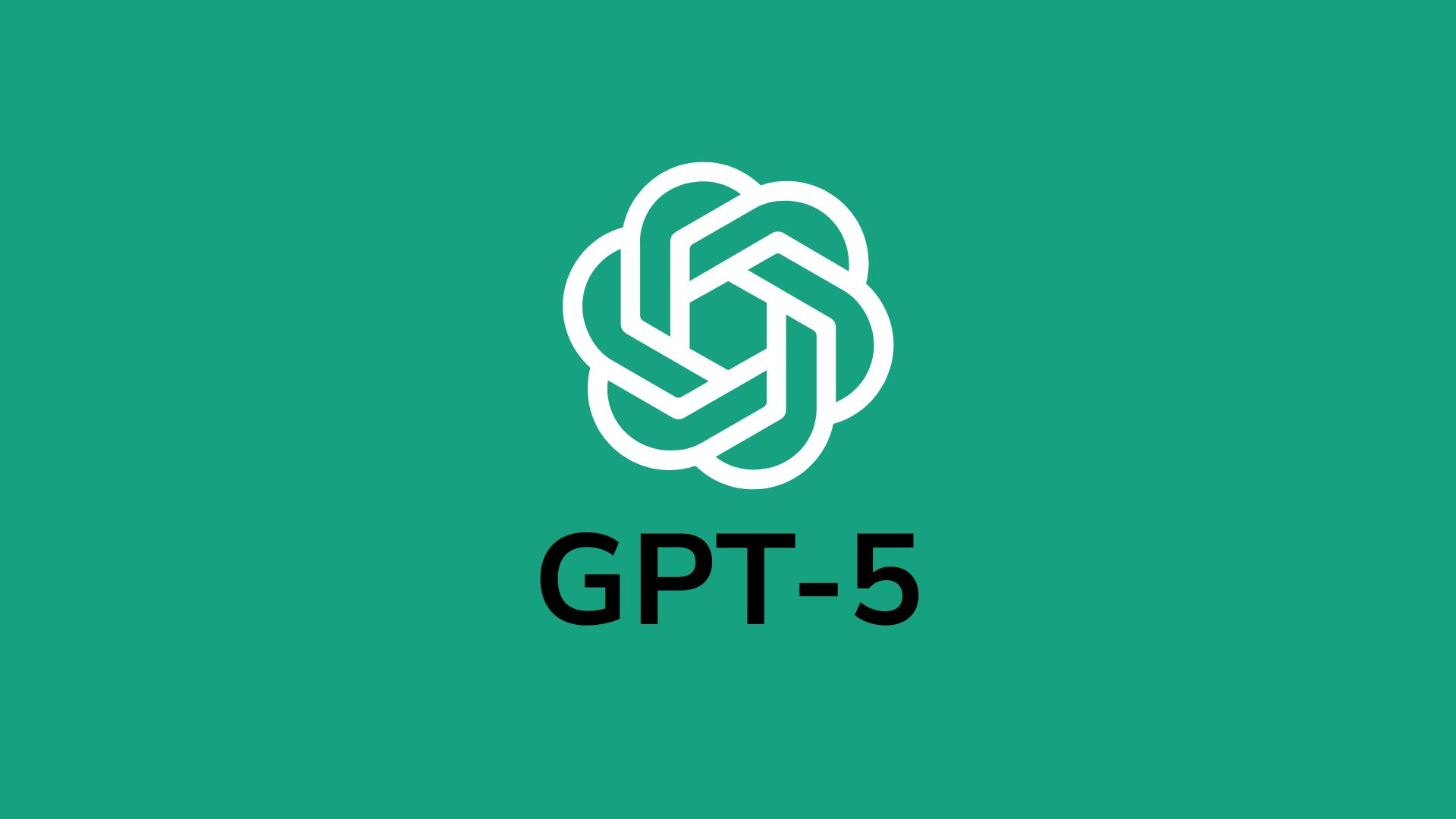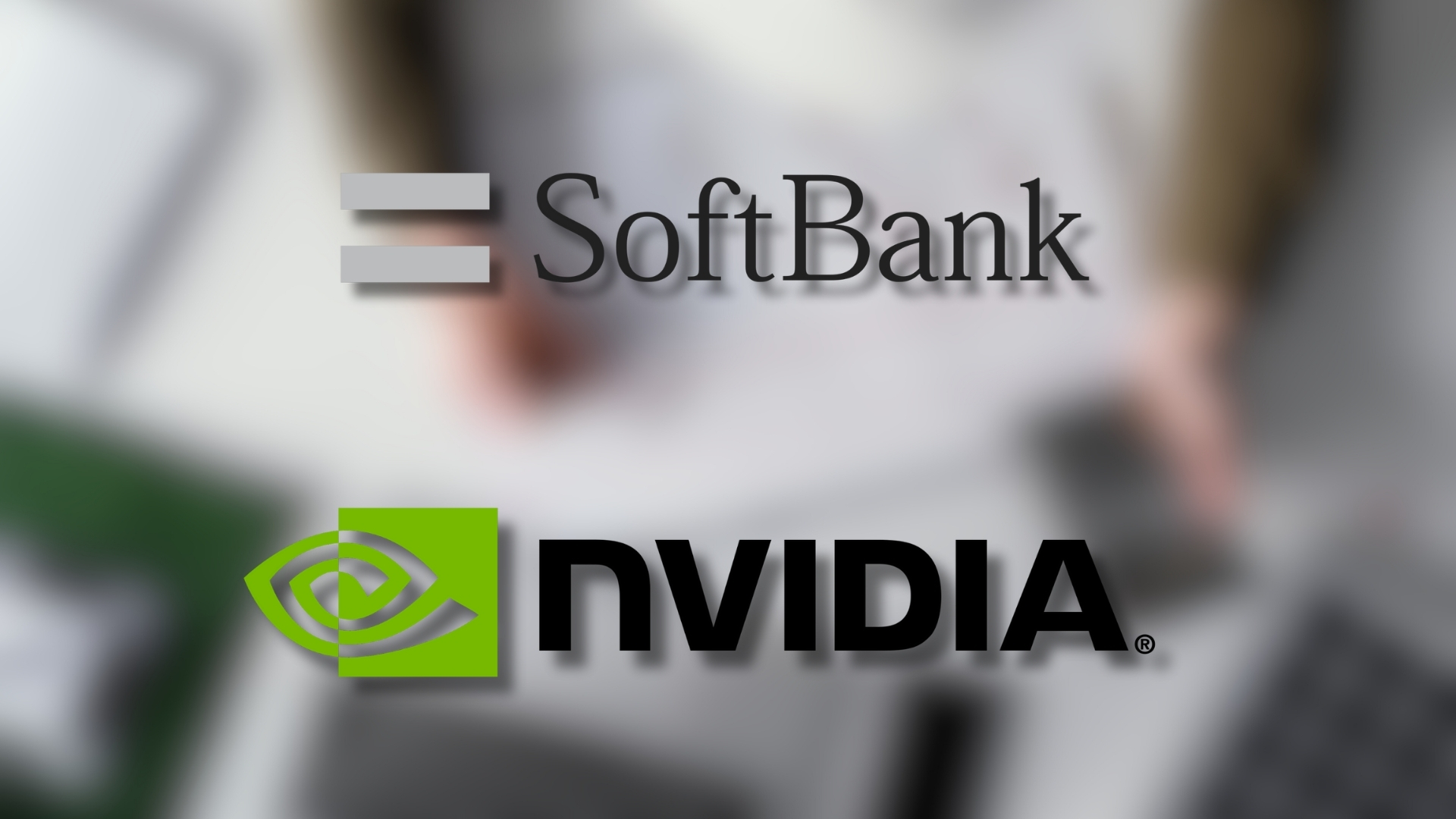Reddit co-founder Alexis Ohanian says AI remains a durable long-term trend despite growing investor concern that the sector has inflated a market bubble. He argues the technology is now too deeply embedded in workflows to be dismissed as hype.
Tech stocks fell sharply on Thursday as uncertainty over US interest rate cuts prompted investors to seek safer assets. The Nasdaq Composite slid more than two percent, and the AI-driven Magnificent Seven posted broad losses, with Nvidia among the hardest-hit names.
Ohanian says valuations are not his focus but insists the underlying innovations are meaningful, pointing to faster software development as an example of measurable progress. He maintains confidence in technology trends even amid short-term market swings.
He also believes AI will create more roles than it eliminates, despite estimates that widespread adoption could disrupt up to seven percent of the US workforce. He argues that major technological shifts consistently open new career paths.
Ohanian notes that jobs once unimaginable, such as full-time online content creation, are now mainstream aspirations. He expects AI-led change to follow a similar pattern, delivering overall gains while acknowledging that the transition may be uneven.
Would you like to learn more about AI, tech, and digital diplomacy? If so, ask our Diplo chatbot!









